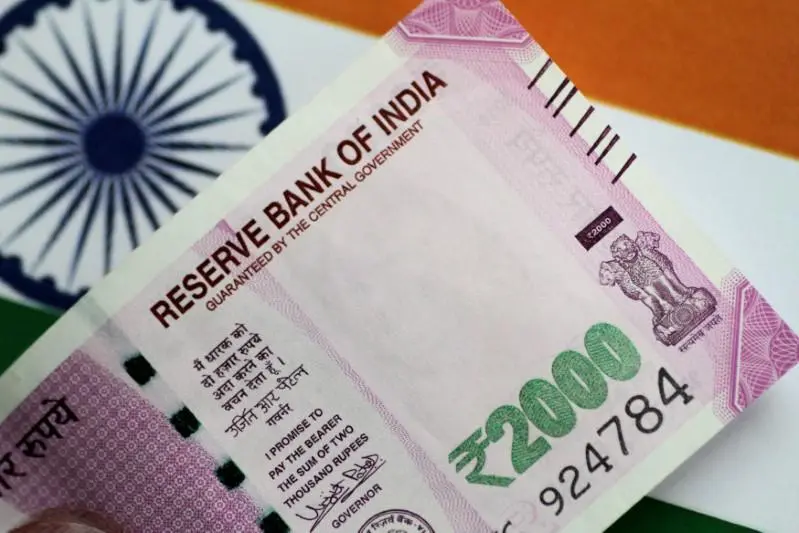PHOTO
MUMBAI - Confidence in India’s financial institutions is going up in smoke. An outsize scandal at a small Mumbai-based bank slapped with strict withdrawal limits has spooked the market. Plummeting share prices, meanwhile, raise questions over the future of larger lenders - including $1.3 billion Yes Bank which fell sharply on Tuesday. New fires are erupting faster than the central bank and New Delhi can extinguish old ones. It’s the tip of loan pain to come for an already scorched $3 trillion economy.
Oversight of co-operative banks in India is muddled so it’s not unusual to see one run into trouble. But Punjab and Maharashtra Co-operative Bank’s misdemeanours are incredible: more than two thirds of its $1.3 billion loan book were exposed to a single firm, debt-ridden real estate firm Housing Development and Infrastructure, local media reported on Monday. Although its problems are not large enough to pose a systemic risk, the news comes as investors are on edge about asset quality in the wider property sector and the knock-on effect it might have on other lenders.
Against that backdrop, the central bank must decide whether to allow a union to go ahead between Lakshmi Vilas Bank, and Indiabulls Housing Finance, a shadow lender. The share price of the latter, which provides mortgages, has fallen almost 40% already this week on a court notice seeking a probe into allegations of fraud. There was more bad news after its merger target was separately slapped with lending restrictions. A deal is problematic but also a potential lifeline to both sides.
Meanwhile, uncertainty over that tie-up has further roiled Yes Bank, a larger lender with $33.4 billion of advances. It will struggle to raise capital if its stock continues to nosedive. The market isn’t paying much attention to reassurances from boss Ravneet Gill, an ex-Deutsche Bank banker, about asset quality and its exposure to Indiabulls. Even if Yes is able to pull in investors as entities related to the founder cash out, the terms will be punishing with the bank trading at barely 0.3 times expected book value.
A radical solution, like forcing a merger with a large government-controlled rival, would send an unwelcome message that private banks will be bailed out just like their state rivals. But with so many fires burning, the pressure is on the central bank to reduce the heat.
CONTEXT NEWS
- Yes Bank shares had fallen 21% to 33 rupees as of 0818 GMT on Oct. 1 as entities related to founder Rana Kapoor continued to cut their stake in the troubled Indian lender. The bank’s stock fell 15% a day earlier, and is down almost 80% since the start of the year.
- Shares of Indiabulls Housing Finance fell over one third on Sept. 30. The shadow bank was hit by news of a court notice seeking a probe on allegations its owners have siphoned off funds, and by a central bank move to place lending curbs on Lakshmi Vilas Bank. The pair had agreed to merge in April.
- Separately, local media on Sept. 30 said over two-thirds of the Punjab and Maharashtra Co-operative Bank's loan book of 88.8 billion rupee ($1.3 billion) was exposed to debt-ridden real estate development firm Housing Development and Infrastructure. The central bank on Sept. 25 moved to take charge of one of the country's top co-operative banks and imposed strict withdrawal limits.
(Editing by George Hay and Karen Kwok) ((una.galani@thomsonreuters.com; Reuters Messaging: una.galani.thomsonreuters.com@reuters.net))





















